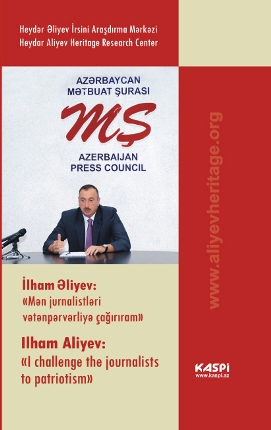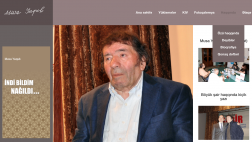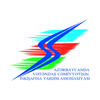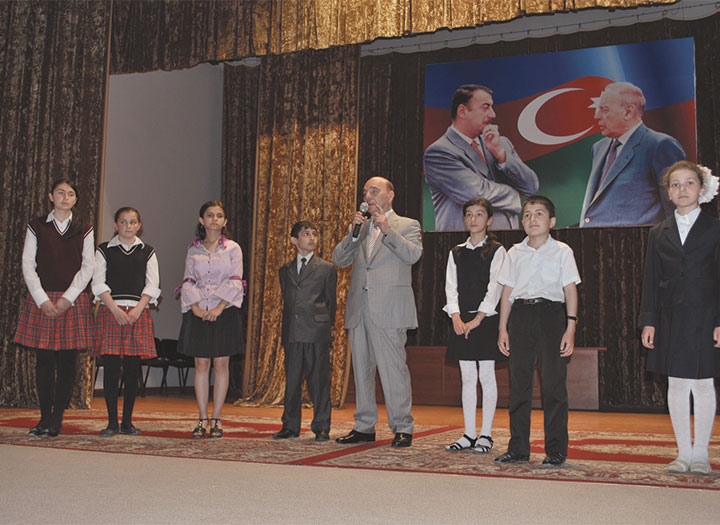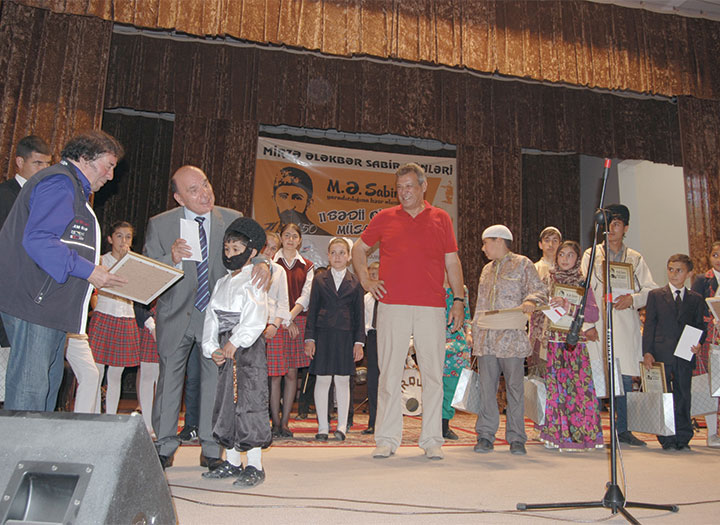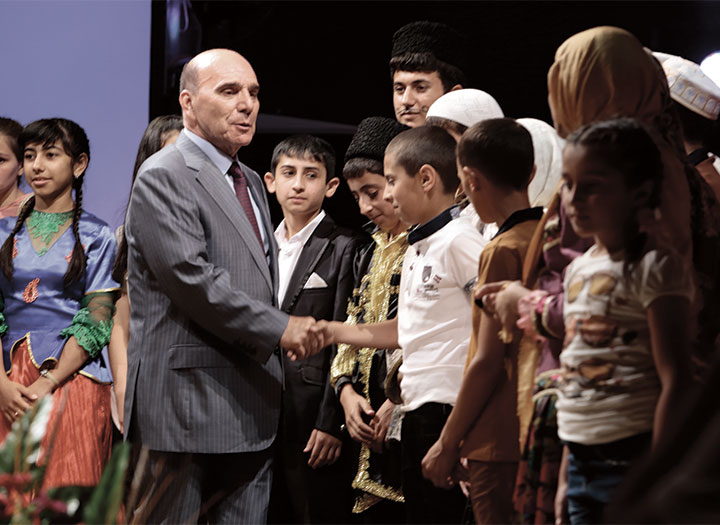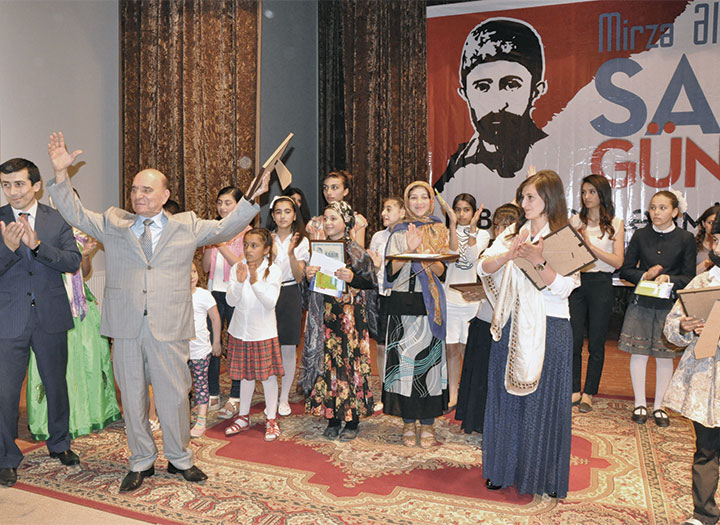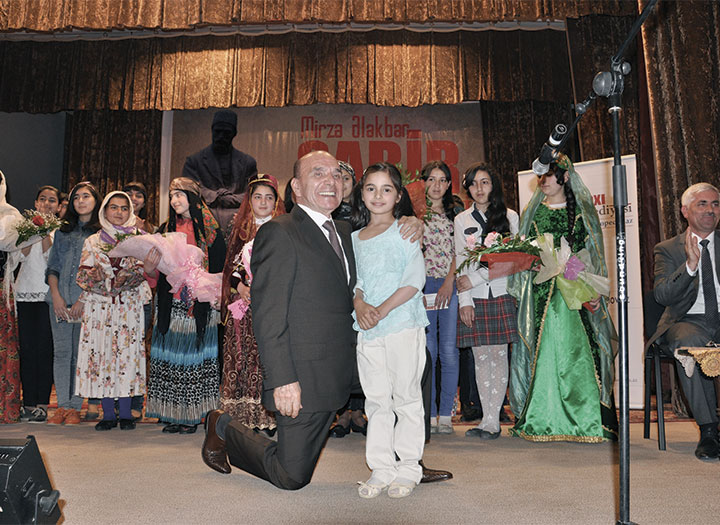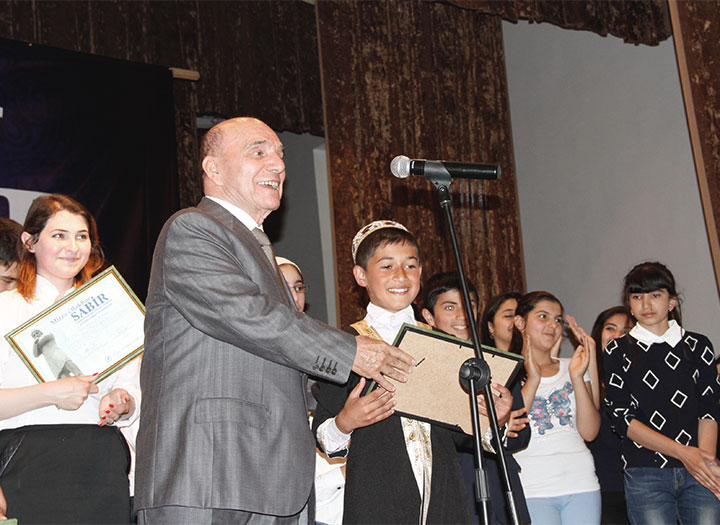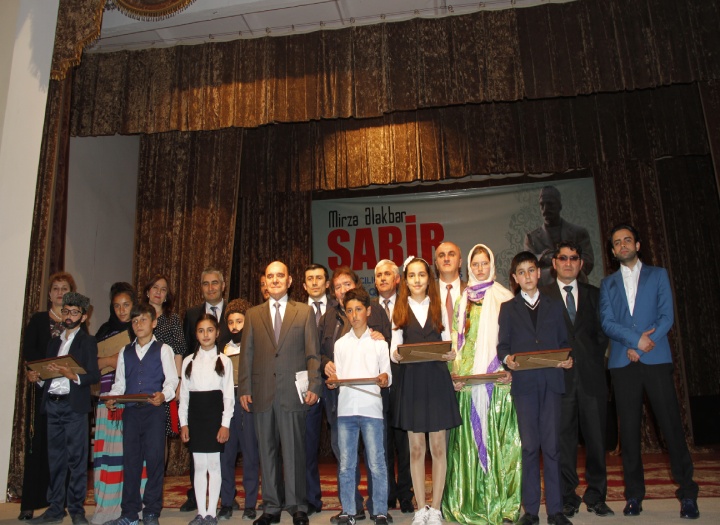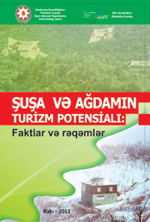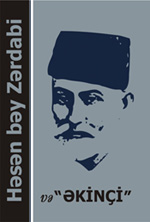 Then Baturin, Fedotov and Entin resorted on cunning and addressed to the Baltic newspaper “Youth of Estonia”. The edition also suspended publication at the last minute – as being the first – they did not venture for publishing the text of such a bill. At last those three found the way out. The bill was translated into Estonian and published in the local newspaper “Sportdelekt” (“Sports news”) on October, 14th, 1988. After that the edition of “Youth of Estonia” had no formal reasons to object its publication in Russian. The text was published, the magazine “Journalist” also published the bill after the Estonian newspaper (but the truth is they replaced the word “bill” with a word “reflection” in a preamble). After that all the editions rushed printing the text of the future law. It was published in 15 or 16 large regional editions, and then after translating into European languages, it appeared in other languages versions of the edition “The XX century and the world”. The bill became accessible to the broad audience of readers and at once it was a subject for a loud discussion as in the USSR as well as abroad.
Then Baturin, Fedotov and Entin resorted on cunning and addressed to the Baltic newspaper “Youth of Estonia”. The edition also suspended publication at the last minute – as being the first – they did not venture for publishing the text of such a bill. At last those three found the way out. The bill was translated into Estonian and published in the local newspaper “Sportdelekt” (“Sports news”) on October, 14th, 1988. After that the edition of “Youth of Estonia” had no formal reasons to object its publication in Russian. The text was published, the magazine “Journalist” also published the bill after the Estonian newspaper (but the truth is they replaced the word “bill” with a word “reflection” in a preamble). After that all the editions rushed printing the text of the future law. It was published in 15 or 16 large regional editions, and then after translating into European languages, it appeared in other languages versions of the edition “The XX century and the world”. The bill became accessible to the broad audience of readers and at once it was a subject for a loud discussion as in the USSR as well as abroad.
It was passed on June, 12th, 1990. Long discussion of the introduced bill among deputies of the Supreme Council preceded this event. Disputes were basically developed around the two items. Supporters of former procedures insisted on mass media being under control of their founders in accordance with the legislation. On the whole, everyone agreed with the requirement to cancel Glavlit’s censorship in press media but if conservatives’ offer – only organizations, including party’s ones should be founders of mass media – passed, it was clear, in whose hands there would have been scissors of a censor. Baturin, Fedotov and Entin, in their turn, insisted on that, first, the law is to ensure the principle of freedom of speech, and second, both common citizens, staffs of editions and printing editions can be able to establish any mass-media. Ruling bodies of the Communists Party of the Soviet Union made all efforts not to pass the item but unsuccessfully.
After Baturin’s, Fedotov’s and Entin’s bill had been passed at the first reading safely, its text was changed and its other “official” version was pushed for deputies to discuss in the second reading. It spoke, for example, about a journalist’s right to apply for information whereas the developers wrote this item in another way: the journalist has the right to collect, receive even to demand an access to information. “Official version” provided that only organizations (for TV and radio – only state ones; also party and public organizations for the others) could be proprietors of material and technique funds of former mass-media. Meanwhile Baturin, Fedotov and Entin had supposed a private property on TV cameras, microphones and computers. Fortunately, vigilant deputies gave the alarm in time and in result the law was accepted in a corrected edition.
The meaning of the law “On press media” from 1990 was in legalization of freedom of speech for the first time during the whole history of the USSR. Before that censorship was considered as a norm and publicity which had already been widespread by the end of 1980-ties was no more than the privilege granted to citizens of the Soviet Country by the Committee on censorship at the Political bureau of the Central Committee of the CPSU. The law at last turned this situation upside down: henceforth the freedom of speech appeared a norm, and censorship was taken out of a legal field. Besides that, the USSR’s law “On mass media and other sources of mass information” created a mechanism which legalized a private initiative in the sphere of mass media” for the first time. As it gave the right to labor collectives of mass media to act as its founders or shareholders, it has led to a situation when journalists acting in the form of a legal person with their charters could at court demand their shares of property from other proprietors to support manufacturing.
Fifteen years later
The very concept “freedom of speech” is considered unequally. For someone, as for Mikhael Fedotov and a deputy Boris Reznik, this is the right of a journalist to formulate his/hers ideas and to publish them freely. For others, as for the journalist Aleksey Venediktov and Vladimir Entin, this is the right of all citizens to receive full and trustworthy information. The third, for example, the journalists Dmitriy Voskoboynikov and Sofia Dubinskaya, understand freedom of speech as freedom of self-expression in general – as “internal freedom” and “freedom of behavior”. At last, the dean of the journalism faculty of Moscow State University Yasen Zasurskiy sees freedom of speech as the right of citizens not only to receive information in a free way, but also to take an active part in mass media’s functioning.
Looking back at the past 15 years, those who were present unanimously noted last years of existence of the USSR and the first years of independent Russia – then interest and trust of citizens to a printed and TV word were on rise; journalists and editors used freedom given within the limits of Gorbachev’s publicity, and then the “Law on press media” the most effective way – as the most productive stage for the domestic journalism. In particular, during those years such a genre, as publicism which today, 15 years later, has practically appeared in decline was demanded and actively developed. “There is nothing surprising, in fact the real publicism means an active moral position of an author, but nowadays authors write only for money and considerable one”. Trust to mass-media, especially those printing also falls on a whole.
Economic self-censorship
For the past 15 years freedom of speech in Russia has not disappeared, opportunities for its realization have been essentially reduced, and reasons for that are economic circumstances many present mass media face now. The problem of monopolism is especially sharp, first of all on TV. Separate journalists are even in a worse position who at times cannot simply publish anything if their points of view are not of those of shareholders of this or that mass media.
It is observed because of that nowadays mass media in Russia, especially printing, are not competitive ones. Rise of the Russian journalism in the beginning of 90-ties and its present decline depend not only on the legal norms fixed in the law on mass media, but also from many other factors.
But sooner or later this difficulty will be overcome. Perhaps it will be done untill the following parliamentary or presidential elections. And maybe, in connection with other, much more serious public shocks. It is difficult to tell, whether it is necessary to wish their prompt approach…
